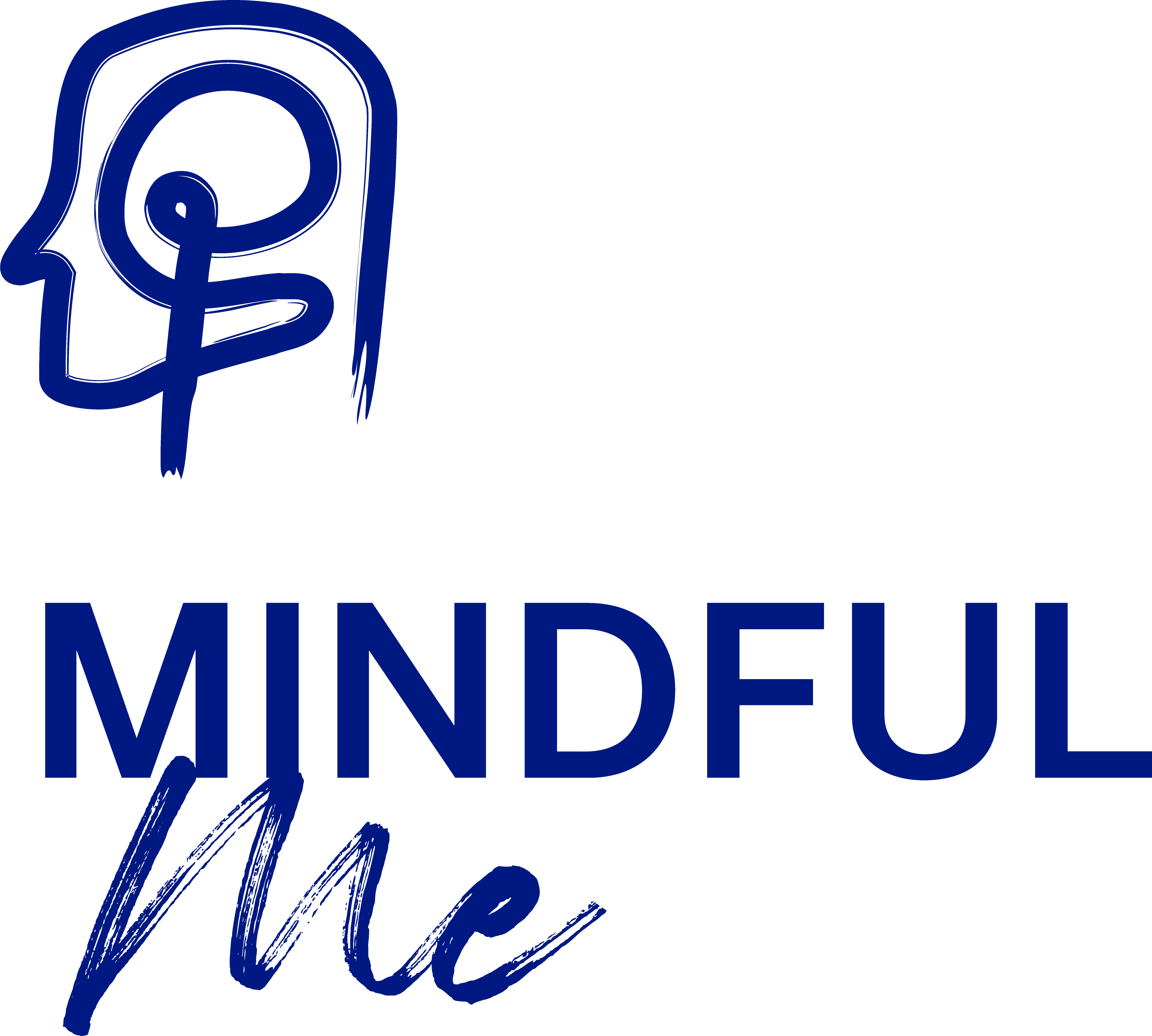ATAR exams are incredibly stressful. Your teen likely feels like their future is riding on the score they get, and they may be working extremely hard to get into their dream university. Unfortunately, the stress of ATAR can spell disaster for some teens’ mental health. Encouraging a study-life balance can reduce the risks of overstudying, and allow your child to achieve their ATAR goals without sacrificing their physical and emotional wellbeing.
As a counsellor, it’s my job to connect with teenagers and their challenges help them develop coping strategies and promote resilience. With the right support, your teen can have a balanced life of study and fun without sacrificing their grades, and this guide will show you how.
What is Overstudying?
Overstudying happens when a teen studies too much. It can cause them to become very distracted and can overload their brains, making it nearly impossible to retain information. If you notice your child is spending hours studying, but their grades aren’t improving or are actually dropping, it’s likely they’re overstudying.
On the outside, studying a lot looks advantageous, but there comes a point where your teen is doing more harm than good. Overstudying can cause your child to withdraw from social activities, disrupt their sleep schedule and cause physical symptoms of stress like headaches and tummy bugs.
Is My Teen Overstudying for ATAR?
Experts recommend that students shouldn’t spend more than 50% of their spare time studying. In fact, it’s recommended that ATAR students spend 2-3 hours per week studying for each subject they take. If your teen takes four ATAR subjects, that’s up to 12 hours per week on top of their usual schooling. Some kids may need to study more than this, but it really shouldn’t exceed more than 20 hours per week.
If your teen is studying too much, encourage them to take regular breaks. The Pomodoro technique is highly effective, as it involves 25 minutes of active study followed by 5 minutes of rest, repeating until the study session is over. Promoting a better study-life balance for your child can help them achieve better grades with less study, and improve their overall wellbeing. The Pomodoro technique is one actionable way you can help facilitate this.
How to Help Your Teen Have a Study-Life Balance:
As a counsellor, parents often come to me for advice on how to promote a better study-life balance for their teens, especially during ATAR. Here are some of the steps you can take at home to help your teenager achieve a better study-life balance:
Set Realistic Expectations:
ATAR scores aren’t the sole determinant of future success. Help your teen set realistic goals, and help them remove some of the pressure by reminding them that there are many paths to success. By setting realistic expectations, your child can focus on studying effectively without feeling overwhelmed or stressed.
Validation and Celebration:
Celebrate the small wins and validate how your teen is feeling. You want to help build up their self-esteem, and you should celebrate your child’s ability to rest as much as their ability to achieve.
Encourage Healthy Habits:
Prioritise good sleep, regular exercise and healthy meals. As parents, this is where you can really help your child. Getting the entire family out for daily walks, prioritising healthy home-cooked meals and ensuring your child gets enough sleep will do wonders for their physical and emotional well-being.
Prioritise Regular Breaks:
Some teens throw themselves into ATAR and are at risk of overstudying and burning themselves out. Helping your child to take regular study breaks and encourage them to have some fun and relaxation time will improve their concentration and productivity when they do go back to studying.
When to Seek Professional Help:
Bring a professional on board if you believe your teen’s stress is overwhelming. A counsellor can equip your teen with actionable tools and strategies to manage anxiety and stress and help them reframe their thinking to have a healthier balance with their studies.
At Mindful Me, we believe in helping teenagers healthily achieve their study goals. Our holistic, evidence-based approach means we connect with your teen and help them discover the root causes of their challenges, fears and anxieties. By working together, we can help your team achieve a great study-life balance, without sacrificing their grades in the process. Get in contact now and let’s see how we can help your teen achieve success.


